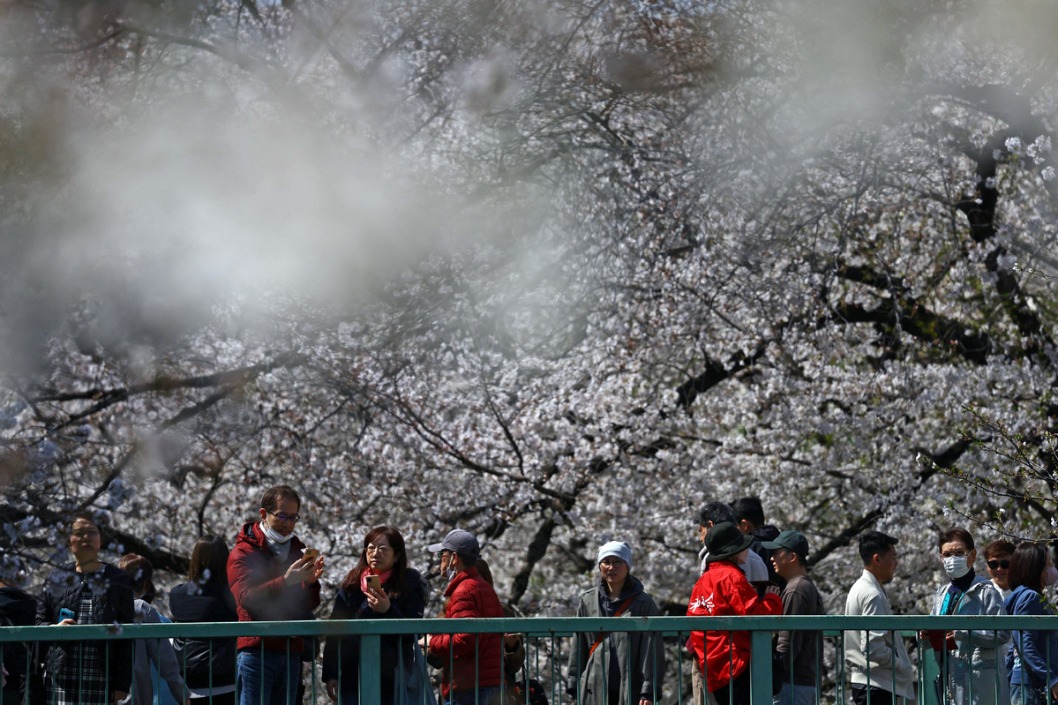Thai GDP growth may be affected by US tariff policy

As trade wars could have a greater impact than previously estimated, experts estimated that Thailand's GDP may grow less than the prior estimate amid import tariff hikes and changes in US foreign policy over the past two months.
"Thailand was to face an additional 25 percent US tariff, its GDP growth is projected to be decreased by 0.6 percent. As a result, the current forecast for Thailand's economic growth at 2.4 percent may be at risk of falling," said Nattaporn Triratanasirikul, Deputy Managing Director of Thailand Kasikorn Research Center on April 3.
Amid import tariff hikes and changes in US foreign policy over the past two months, she noted that the global economy will have to brace for uncertainty surrounding international relations and a new round of financial restructuring in the near future.
Vice-chairman of the Federation of Thai Industries Tawee Piyawatana also estimated that US reciprocal tariffs are expected to reduce Thai GDP growth by 0.2 to 0.6 percentage points from previous assessments.
He also revealed at a meeting this week that the private sector is working with relevant government agencies to prepare for uncertainties. "We will continue to monitor the actual impact and adjust our growth forecast accordingly, given the softer economic outlook and prevailing uncertainties," he said.
Rujipun Assarut, Assistant Managing Director of Kasikorn Research Center said that ongoing trade wars may lead to increased competition in the global automotive market, worsening global car oversupply and driving down global car prices.
He said major global automotive producers, such as Japan, Germany and South Korea, will likely diversify their car export markets while also investing in production facilities in the US to serve the local market in order to mitigate the impact of US tariff hikes.
"Increased competition in the global automotive market is expected to exacerbate global car oversupply, which currently sees production exceeding sales by 16 percent," he said. "Additionally, global car prices are expected to decline except in the US, as Chinese automakers are likely to continue their price-driven strategy there."
He estimated that the intensified competition is also expected to hurt Thai exports and, in turn, the automotive manufacturing sector, which currently relies heavily on exports for up to 67 percent of Thailand's total car production.































